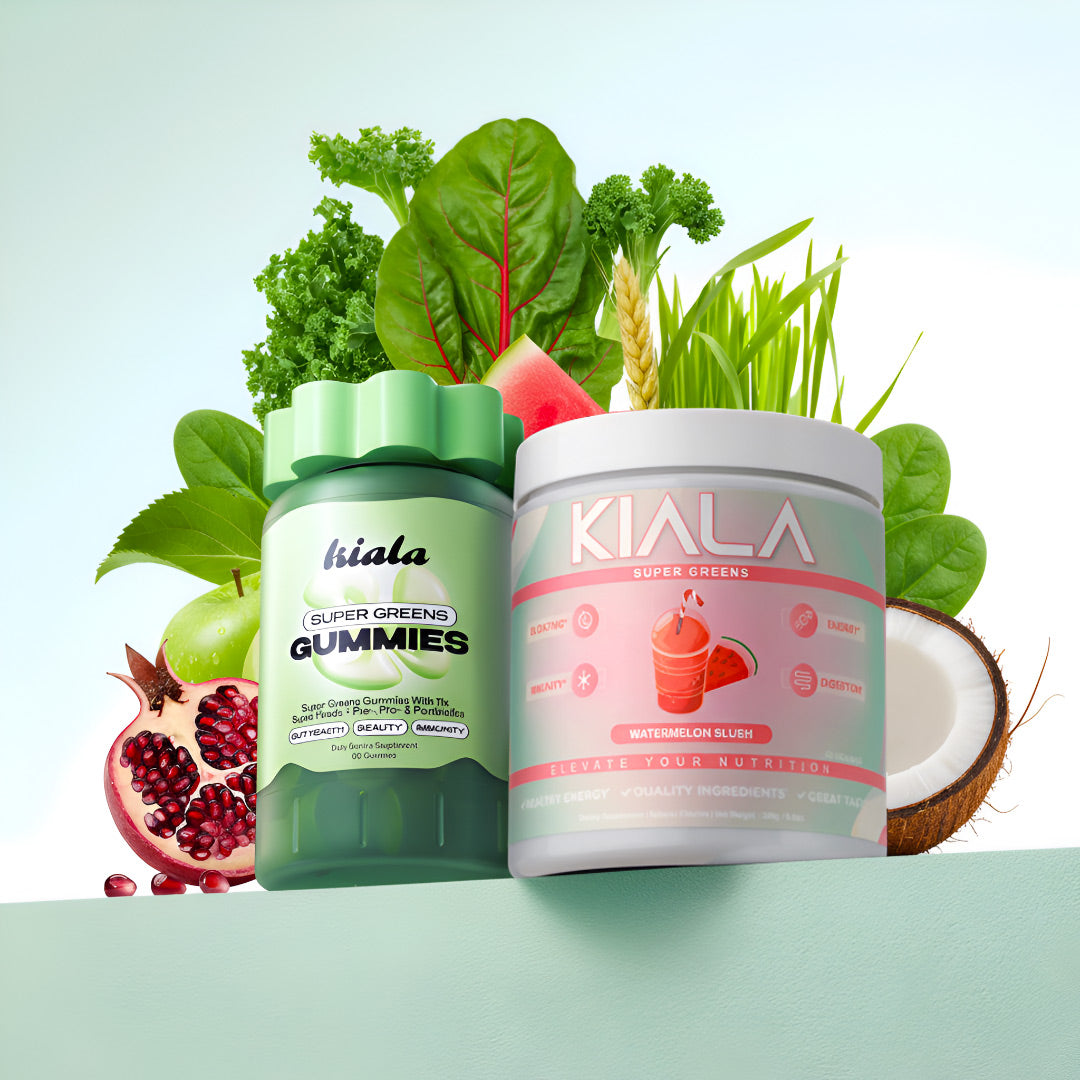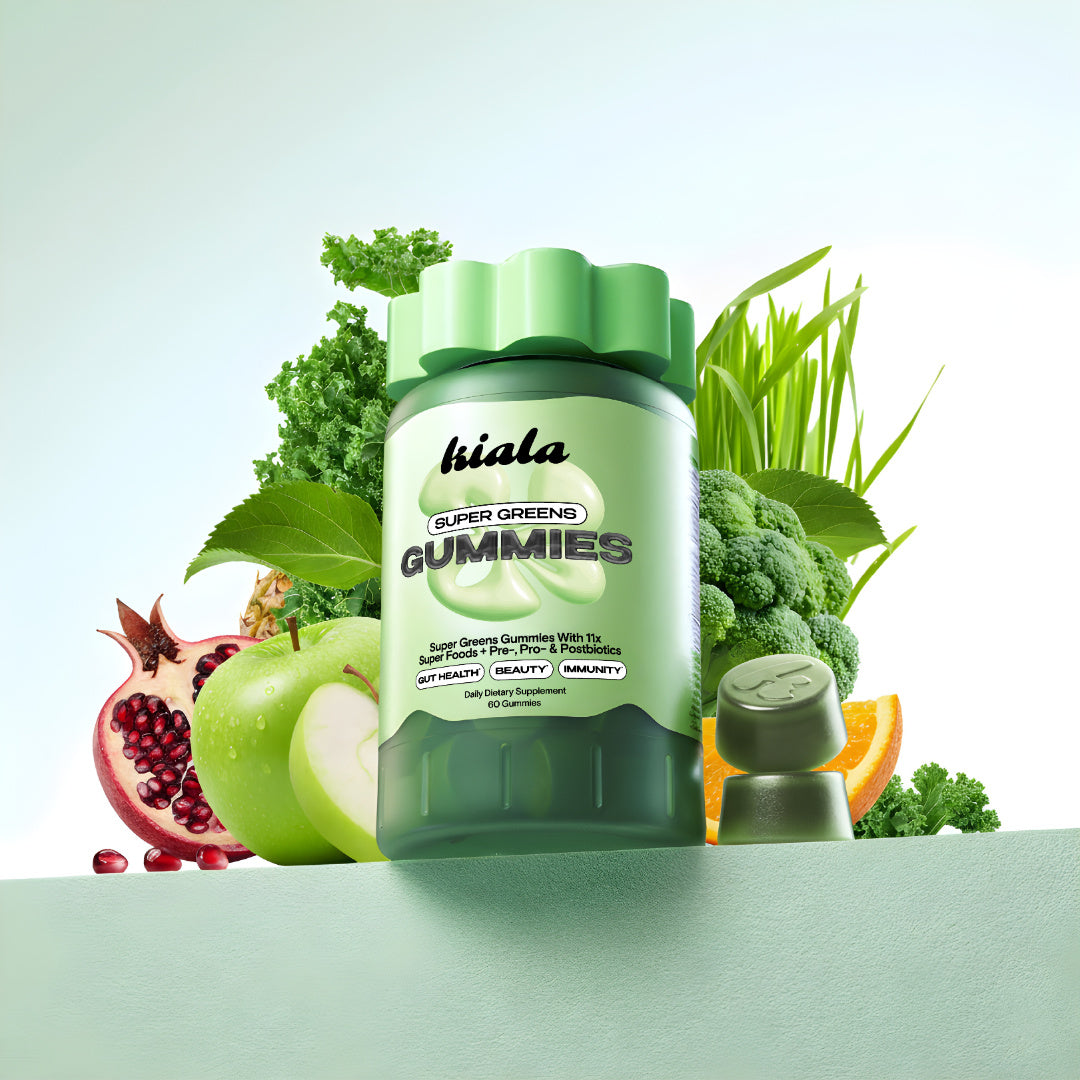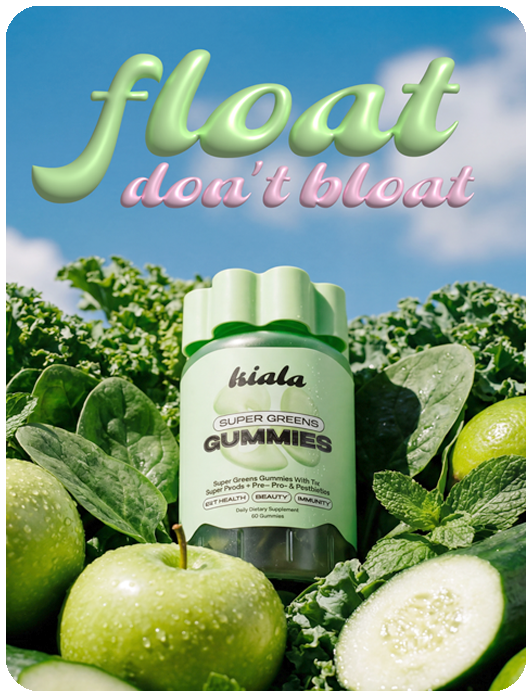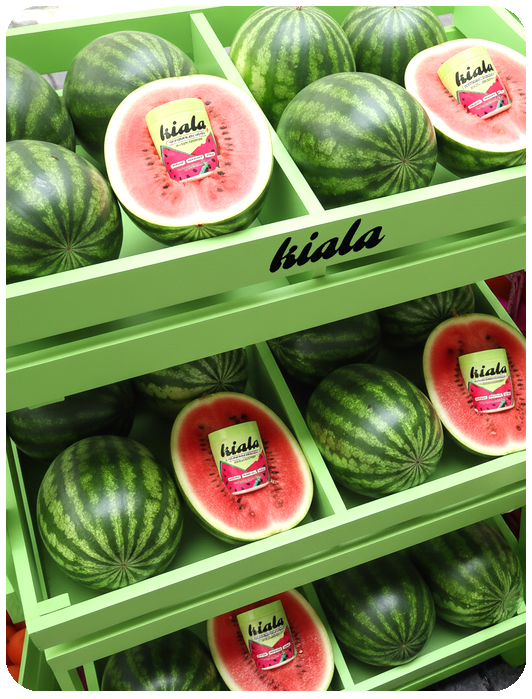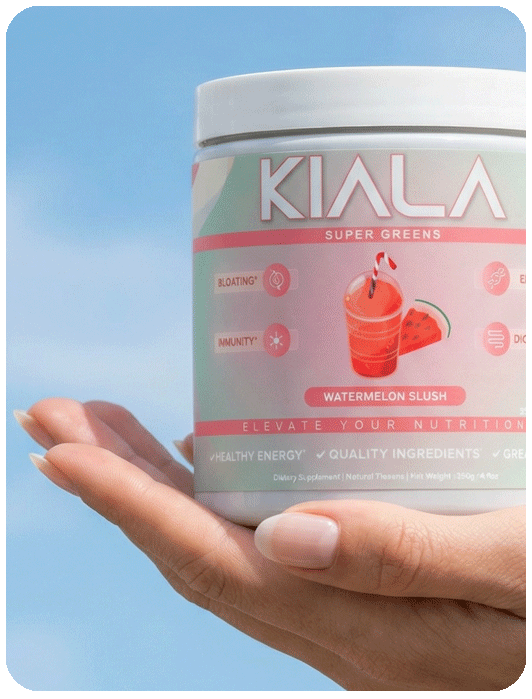Supplement Shaming is So 2023: Why Smart Women Don't Apologize for Optimization
Picture this: You're at brunch, casually mentioning your morning routine includes a greens powder, and suddenly Karen from your yoga class launches into a lecture about how "you should get all your nutrients from food." Meanwhile, she's on her third mimosa and hasn't touched a vegetable that isn't garnishing her cocktail.
Welcome to supplement shaming—the peculiar phenomenon where people who subsist on takeout and caffeine feel qualified to judge your nutritional choices. It's 2025, and it's time we had an honest conversation about why intelligent women are choosing supplements and why that's actually... smart.
The "Just Eat Better" Mythology
Let's address the elephant in the room: the idea that modern life allows for perfect nutrition through food alone. This belief persists despite mounting evidence that even health-conscious individuals struggle to meet optimal nutrient requirements through diet alone.
Dr. JoAnn Manson, Professor of Medicine at Harvard Medical School, explains: "Even with the most carefully planned diet, certain nutrients are difficult to obtain in optimal amounts from food alone, particularly given modern soil depletion, food processing, and lifestyle constraints."
The Reality Check
Soil Depletion Science: Research published in the Journal of the American College of Nutrition found that fruits and vegetables contain significantly fewer nutrients than they did 50 years ago. Vitamin C levels in produce have declined by an average of 20%, while iron content has dropped by 15%. It's not your imagination—food literally isn't what it used to be.
The Time Factor: The USDA recommends 5-9 servings of fruits and vegetables daily for optimal health. For most working women, this translates to approximately 3-4 hours of meal planning, shopping, prep, and consumption daily. Dr. Marion Nestle, nutrition professor at NYU, notes: "The gap between nutritional recommendations and practical implementation continues to widen as lifestyle demands increase."
Bioavailability Issues: Even when we consume nutrient-rich foods, absorption isn't guaranteed. Factors like stress, digestive health, medication use, and even genetics affect how well we absorb nutrients from food. Iron from plant sources, for example, is absorbed at only 2-13% efficiency compared to 15-35% from animal sources.
The Psychology Behind Supplement Shame
Why do people get so triggered by others taking supplements? The answer reveals more about social dynamics than nutritional science.
The Naturalistic Fallacy: Many supplement critics fall into the trap of assuming "natural" automatically equals "better." Dr. Paul Offit, infectious disease specialist at Children's Hospital of Philadelphia, explains: "The appeal to nature is a logical fallacy. Plenty of natural substances are harmful, while many processed or synthesized compounds are beneficial and identical to their natural counterparts."
Moral Superiority Complex: There's an underlying suggestion that supplement users are somehow "cheating" or taking shortcuts. This ignores the reality that optimization often requires strategic supplementation, especially for nutrients difficult to obtain through food alone—like vitamin D in winter months or B12 for plant-based eaters.
Economic Jealousy: Let's be honest—quality supplements cost money, and some people interpret this as frivolous spending. But women who invest in supplements often view it as preventive healthcare, which is statistically more cost-effective than reactive medical treatment.
The Science of Strategic Supplementation
Smart supplementation isn't about replacing food—it's about filling gaps that modern life creates.
Evidence-Based Deficiencies: The National Health and Nutrition Examination Survey consistently shows that significant portions of the population don't meet recommended intakes for key nutrients. Magnesium deficiency affects 60% of adults, while vitamin D insufficiency impacts 80% of Americans during winter months.
Synergistic Formulations: Modern supplement science focuses on combinations that enhance absorption and efficacy. Dr. Bruce Ames, Professor Emeritus at UC Berkeley, pioneered research showing that nutrients work synergistically. "Combining vitamin C with iron increases absorption. Pairing magnesium with vitamin D improves both nutrients' effectiveness," he notes.
Antioxidant Networks: Comprehensive formulations containing green tea extract, quercetin, and berry compounds create what researchers call "antioxidant redundancy"—multiple pathways for cellular protection that single foods can't match. A study in Free Radical Biology and Medicine demonstrated that combined antioxidants provided superior protection compared to isolated compounds.
Why Supergreens Make Particular Sense
Among supplement categories, supergreens powders offer some of the most logical benefits for modern women.
Nutrient Density: Quality supergreens formulations pack the equivalent of multiple servings of fruits and vegetables into a single scoop. Ingredients like spirulina provide complete protein and B-vitamins, while camu camu offers vitamin C in highly bioavailable forms.
Digestive Support: Unlike trying to consume massive amounts of raw vegetables (which can cause digestive distress), well-formulated supergreens often include coconut water powder for electrolytes and ingredients that support comfortable digestion.
Convenience Factor: With over 1 million women incorporating supergreens into their daily routines, it's clear that convenience doesn't mean compromise. Dr. Walter Willett from Harvard emphasizes: "The best nutrition plan is one people can actually follow consistently."
The Compliance Conversation
Here's what supplement shamers don't understand: adherence beats perfection every time.
Taste Matters: If your attempt at "getting nutrients from food" involves choking down kale salads you hate, you won't stick with it. Quality supergreens in flavors like Mixed Berry or Tropical Splash acknowledge that sustainable nutrition needs to be enjoyable.
Cognitive Load: Decision fatigue is real. When you've solved your micronutrient needs with a morning greens powder, you can focus mental energy on other aspects of health and life. It's strategic, not lazy.
Consistency Wins: A study in the American Journal of Preventive Medicine found that consistent, moderate interventions produced better long-term health outcomes than sporadic "perfect" behaviors. Taking your supplements daily beats sporadically eating perfectly.
Reclaiming the Narrative
It's time to flip the script on supplement use. Choosing strategic supplementation demonstrates:
Intelligence: You understand the gaps between ideal and reality Self-awareness: You know your lifestyle and constraints Proactivity: You're investing in prevention rather than waiting for problems Efficiency: You've optimized an essential daily practice
Dr. David Katz, Director of the Yale-Griffin Prevention Research Center, puts it perfectly: "The goal isn't nutritional purity—it's practical optimization for real life."
The Bottom Line
Supplement shaming often comes from people who've never seriously examined their own nutritional intake or who have the luxury of unlimited time for meal planning. For the rest of us living in reality, strategic supplementation—particularly with comprehensive formulations containing organic ingredients like wheatgrass, spirulina, and antioxidant-rich fruits and vegetables—makes perfect sense.
You don't owe anyone an explanation for optimizing your health. Your morning greens powder isn't a character flaw—it's evidence that you're thinking strategically about your wellbeing.
The most successful women understand that perfection is the enemy of consistency. Choose what works for your life, ignore the nutritional morality police, and keep prioritizing your health in ways that actually fit your reality.
Sources:
-
Manson, J. E., et al. (2019). Vitamin and mineral supplements: What clinicians need to know. JAMA, 321(9), 859-860.
-
Davis, D. R. (2009). Declining fruit and vegetable nutrient composition: What is the evidence? Journal of the American College of Nutrition, 28(4), 398S-408S.
-
Nestle, M. (2018). Unsavory Truth: How Food Companies Skew the Science of What We Eat. Basic Books.
-
Offit, P. (2013). Do You Believe in Magic? The Sense and Nonsense of Alternative Medicine. HarperCollins.
-
Ames, B. N. (2006). Low micronutrient intake may accelerate the degenerative diseases of aging. Proceedings of the National Academy of Sciences, 103(47), 17589-17594.
-
Katz, D. L., & Meller, S. (2014). Can we say what diet is best for health? Annual Review of Public Health, 35, 83-103.
Ready to stop apologizing for smart choices? Discover supergreens that fit your real life and join over 1 million women who've chosen optimization over perfection.
Read more

Nutrient Timing: Does When You Take Your Greens Actually Matter? You've mastered what to eat, but now you're spiraling down the rabbit hole of when to eat it. Should you take your supergreens on an...

The Cortisol Girlies Guide to Actually Managing Stress (Spoiler: It's Not Just Meditation) If you've spent any time on wellness TikTok lately, you've probably encountered the "cortisol girlies"—wom...
